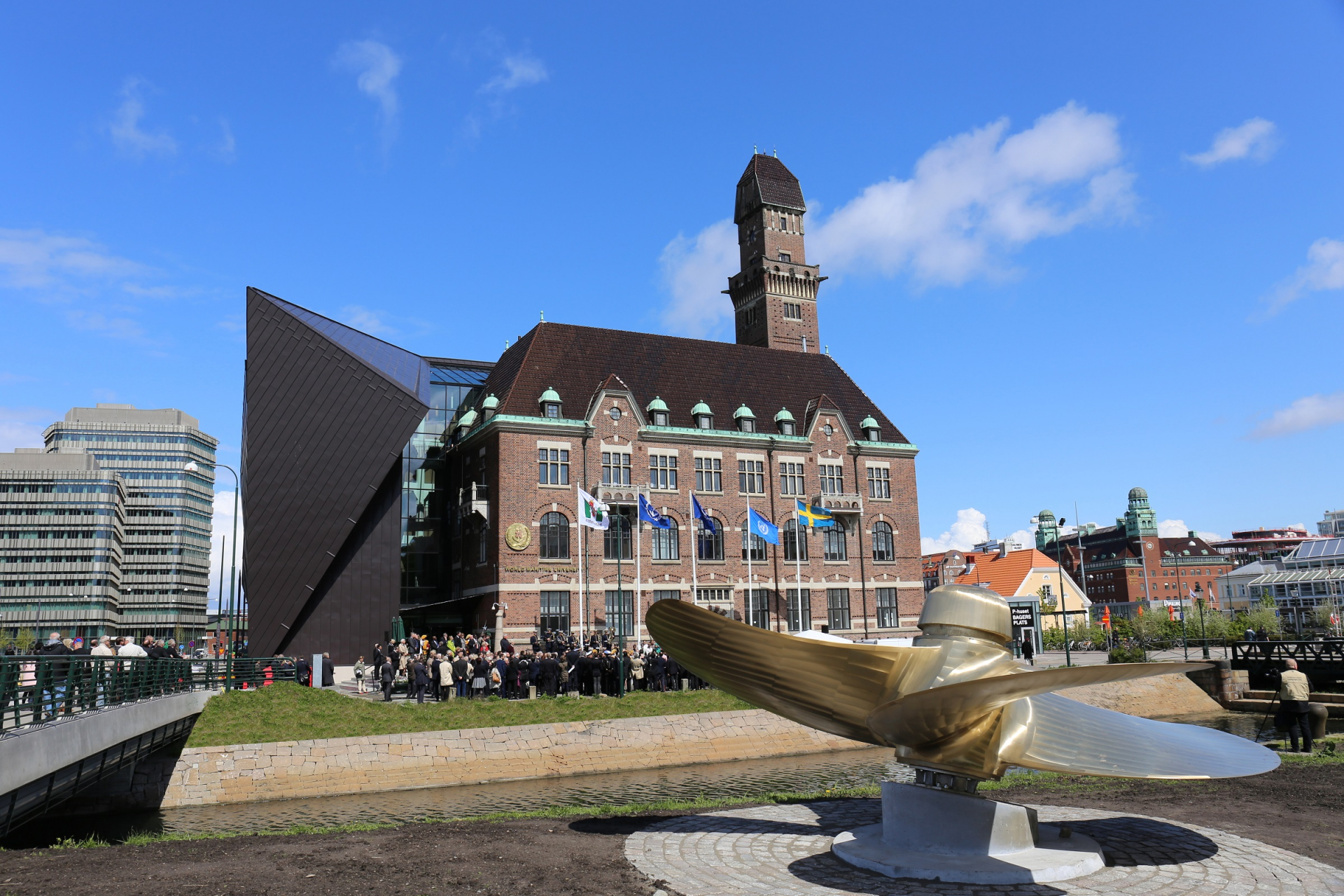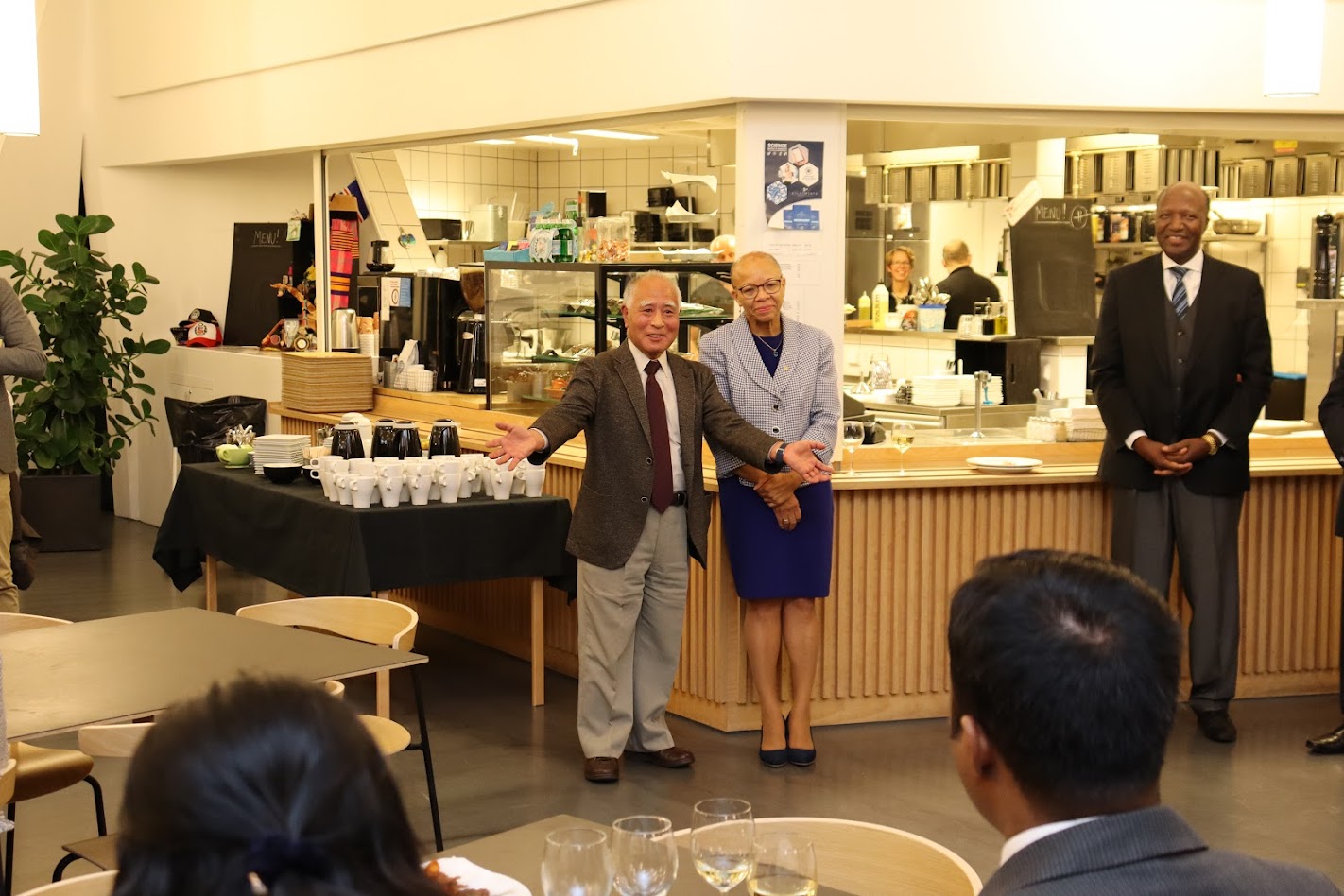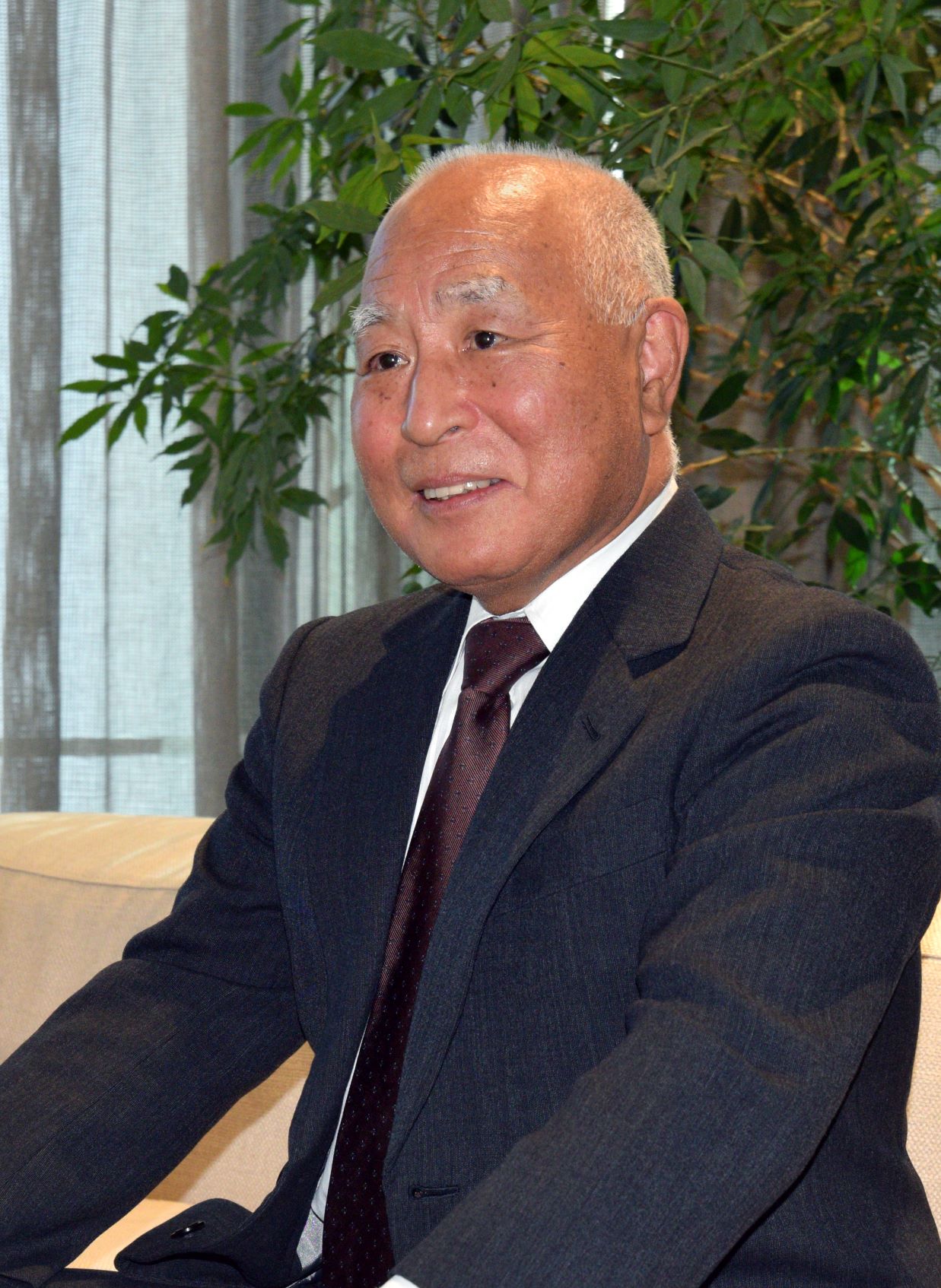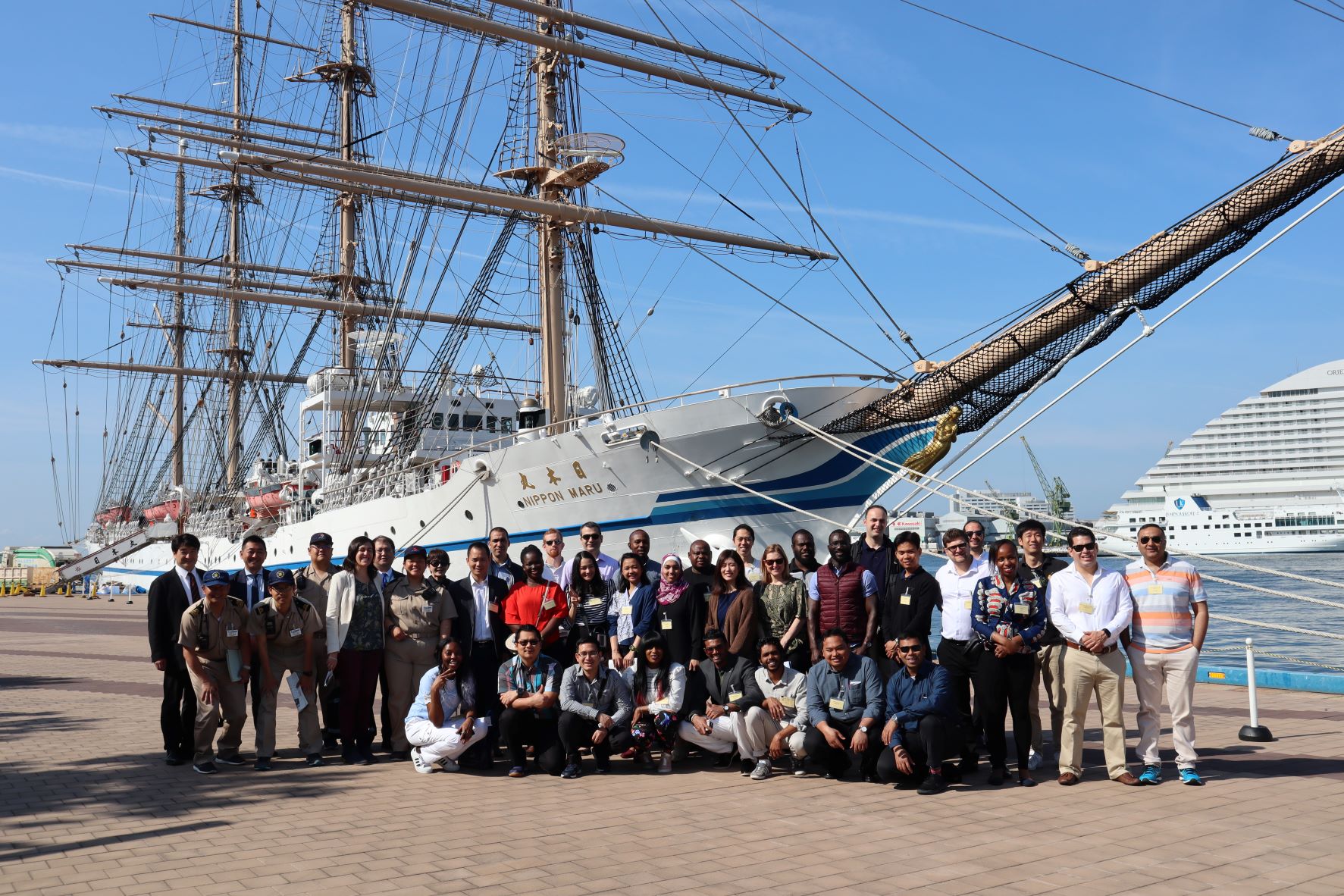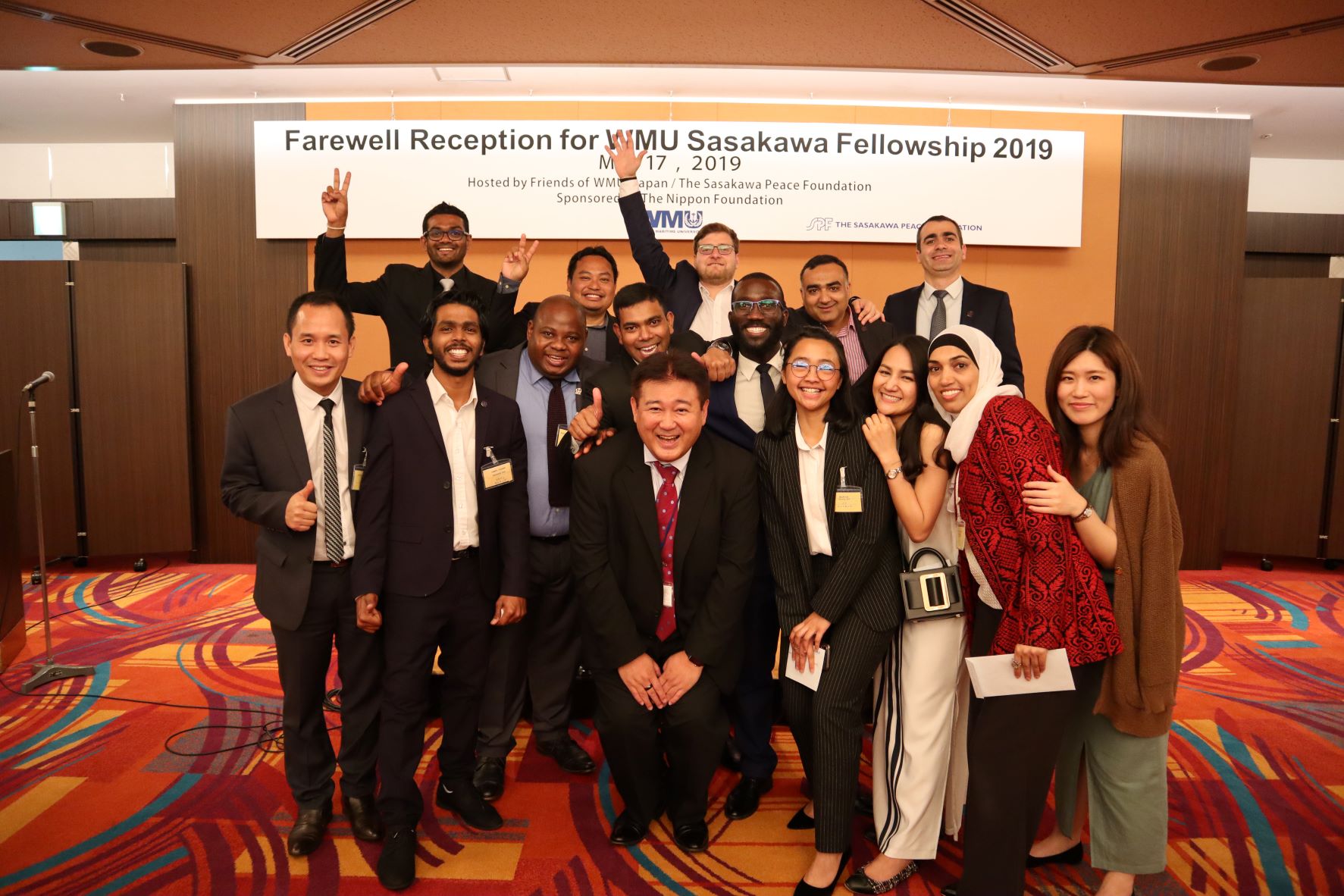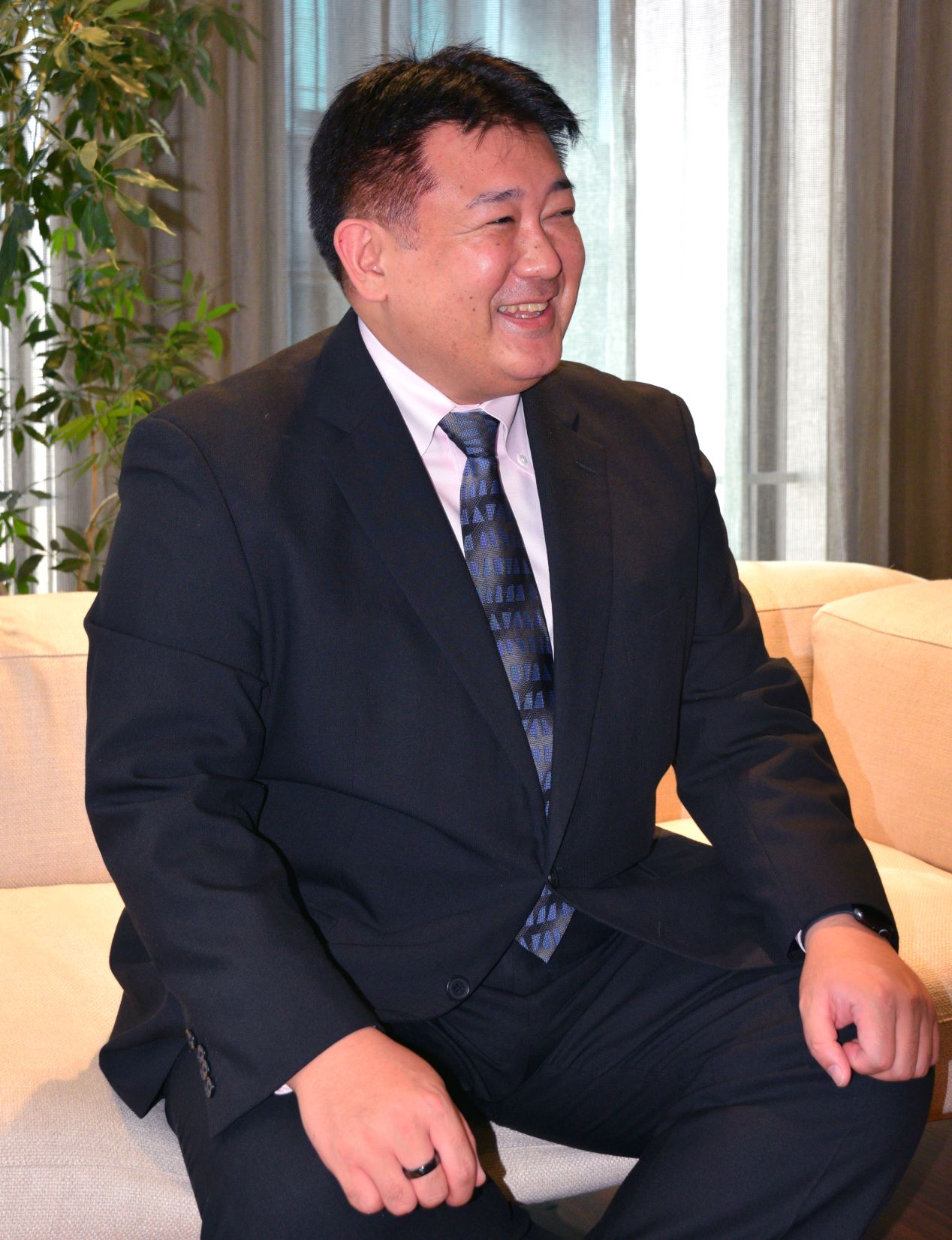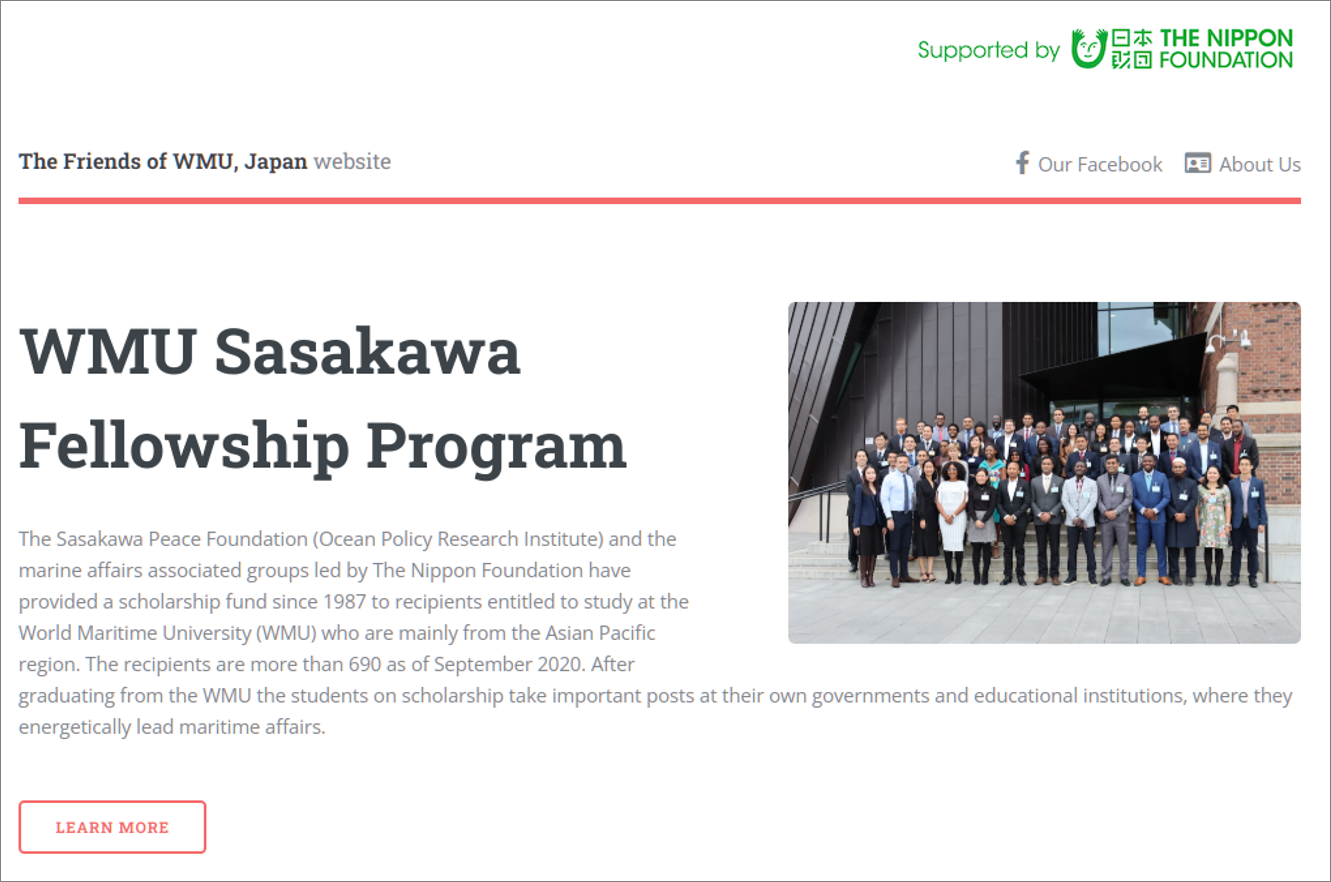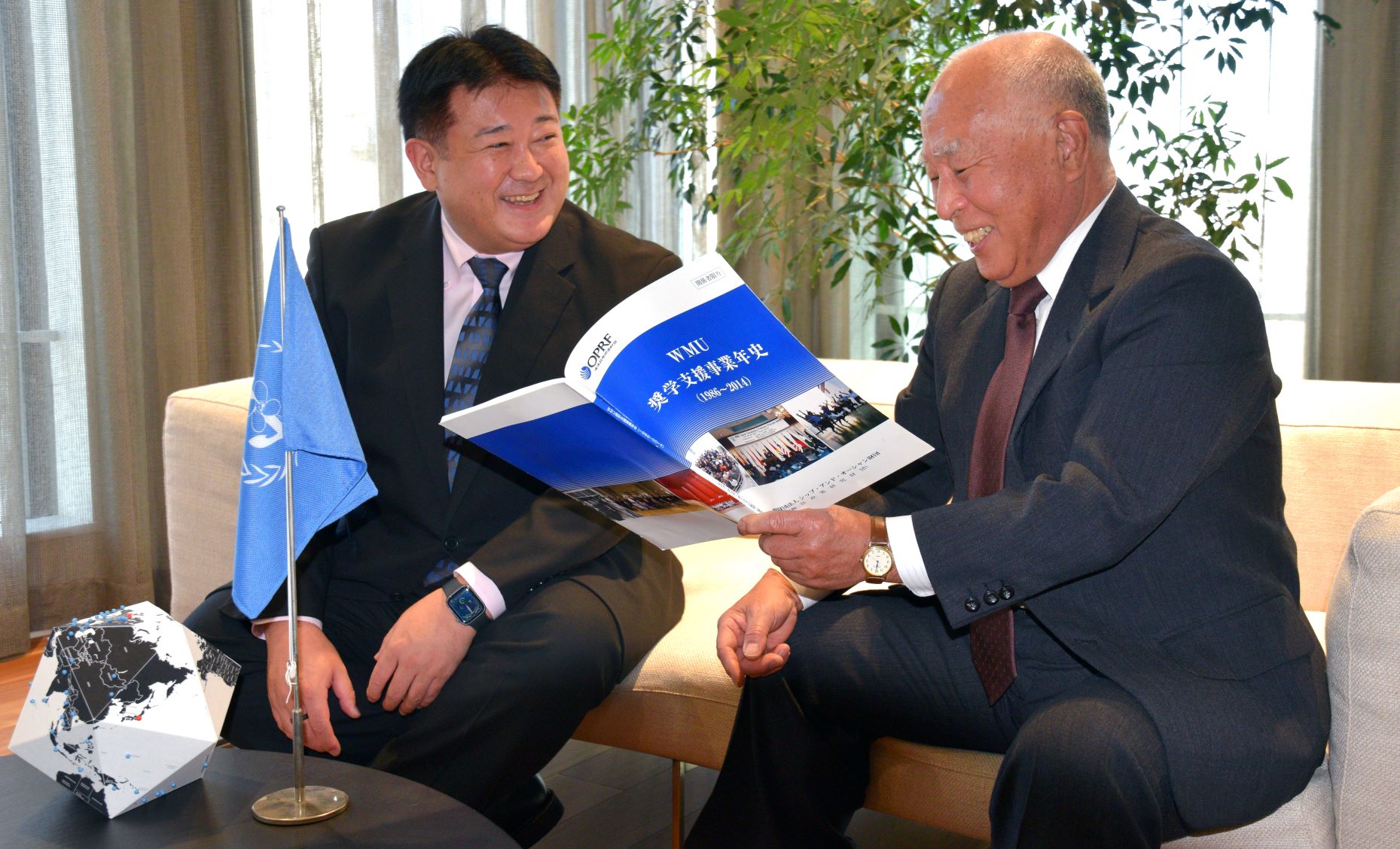What kind of educational institution is WMU?
Mr. Kudo: WMU is a graduate university that was established in Malmö, Sweden in 1983 by the International Maritime Organization (IMO) of the United Nations. In the early 1980s, with the rapid development of the world's maritime industries and technology, new international agreements had to be enacted and frequently revised. At the same time, there were many countries, especially developing ones, that were unable to implement these international regulations. Ships around the world are not be able to navigate with mutual peace of mind unless the administrative capabilities of developing countries are raised to the level seen in developed countries. Accordingly, the university was established to address the need for human resource development. That philosophy remains the same today.
Mr. Mizunari: WMU offers master's and doctoral programs, but the OPRI project applies only to the master's programs. Personnel in maritime and ocean-related fields from mostly developing nations receive specialized training for 14 months. There are seven courses: Maritime Education and Training (MET), Maritime Energy Management (MEM), Maritime Law and Policy (MLP), Maritime Safety and Environmental Administration (MSEA), Ocean Sustainability, Governance and Management (OSGM), Port Management (PM), and Shipping Management and Logistics (SML). Upon returning home, students are expected to utilize the knowledge and experience they acquired at WMU for policymaking, deliberations at the IMO, and the development of national legislation to support the implementation of international agreements.
Please provide an overview of the Sasakawa Fellowship Program.
Mr. Mizunari: At the end of April every year, a selection committee meets to choose about 30 scholarship recipients. Students taking English supplementary courses enroll in WMU in June, while all other students enroll in September for the basic course. From January of the following year, the students are divided into specialized courses to conduct research and field studies (visiting sites around the world), write dissertations, and then graduate at the end of October.
In addition to these academic activities, the program features three independent annual events: a training session in Japan in May, an orientation in September that brings together former and new scholarship students, and the WMU Sasakawa Fellow Certification Ceremony held the day before the graduation ceremony at the end of October. While enrolled, students are called WMU Sasakawa Fellowship Students, but after the certification ceremony, the students who graduate become WMU Sasakawa Fellows.
